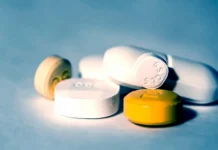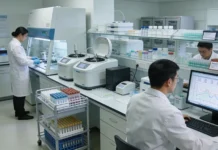The FDA’s final rule that solidifies its presence and authority on Laboratory-Developed Tests- LDTs goes on to mark a prominent shift in the regulation as far as the diagnostics sector is concerned.
The rule very well makes it pretty clear that the subsets of tests that are made and run with a single lab happen to be subject to similar federal needs as those of medical devices, such as adverse event reporting, premarket review, and also labeling standards. It is well to be noted that the tests that are made outside the labs are already regulated in this kind of way.
It is worth noting that over the next four years, the FDA is going to phase out a less-stricter approach in terms of regulating LDTs, which it has gone on to use for almost half a century on the basis of the fact that the tests have indeed evolved into more intricate in vitro diagnostics that happen to be carrying a greater risk and, as a matter of fact, in some cases, have led to treatments that are incorrect.
Interestingly, LDTs in today’s times are made use of to diagnose conditions right from heart disease to cancer and even autism as well as Alzheimer’s.
According to Robert Califf, the FDA Commissioner, the agency cannot stand by while US citizens continue to depend on the inferences of these tests’ sans the assurance that they actually work. Notably, the labs have gone on to raise concerns over the fact that costs as well as time that is spent on rising enforcement are indeed going to hinder the critical tests development. The FDA maintains rectifying imbalances in oversight is going to do the opposite, thereby in a way encouraging innovation. As the new rule goes on to include vital exemptions that are sought in the lab sector, which includes LDTs already on the market as well as tests to address unmet needs, the impact that it has is still a matter of debate.



















